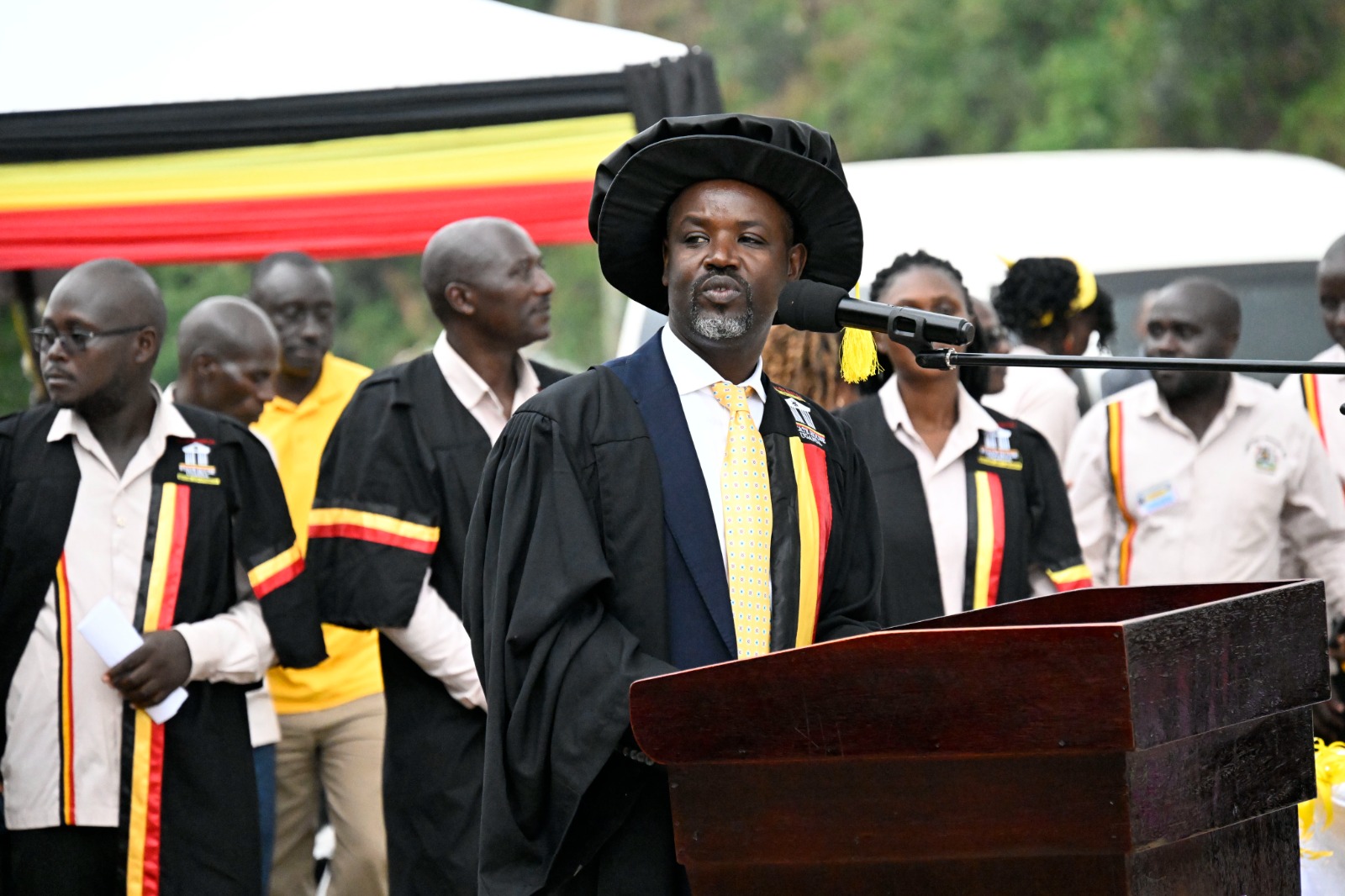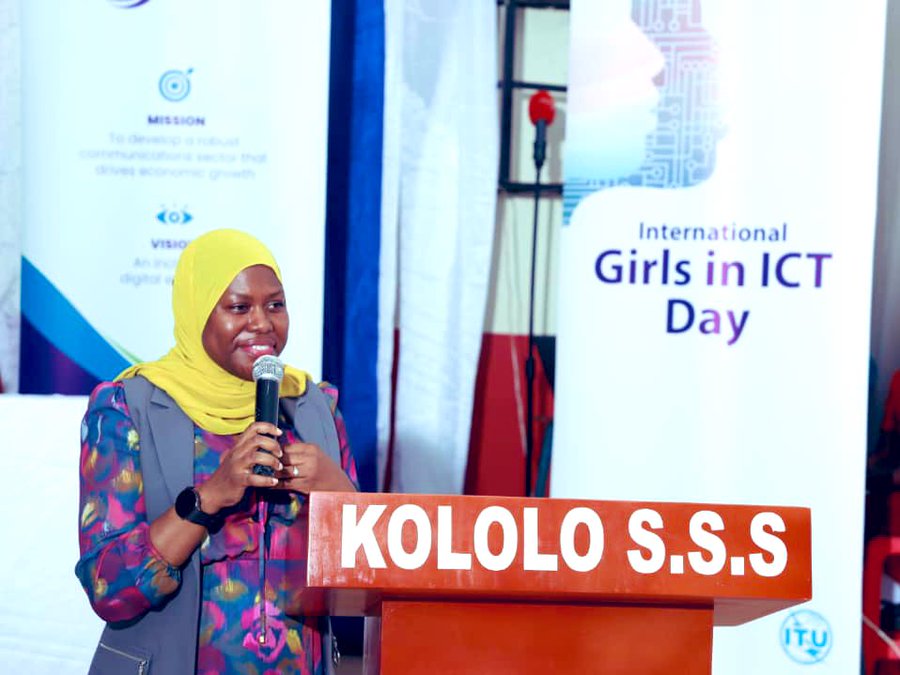As schools reopen, child rights organisations call for safety of children
Government, communities, teachers and parents have been urged to ensure that schools are made safe from violence against children.
The call was made by Joining Forces Coalition, an umbrella body that brings together child rights organisations.
The call comes as Uganda prepares for full schools re-opening.
While the coalition applauded the government’s decision to reopen schools for all children, which is a necessary measure to ensure the holistic wellbeing of children, it expressed concern that the issue of violence against children in schools is yet to be addressed.
"Violence against children is on the rise within homes, communities and schools in Uganda. This includes sexual, physical, and emotional violence, from which children have little or no protection at the current time, and which has direct negative effects on their growth and development," the coalition noted in a statement.
According to the 2018 Violence Against Children nationwide survey, three out of four Ugandans experienced violence in their childhood.
Among 18-24-year-olds interviewed, one in three girls and one in six boys reported experiencing sexual violence during their childhood.
The report further illustrates that more than half of all children in Uganda have experienced physical abuse. Child victims of violence usually suffer a wide range of negative effects including maiming, teenage pregnancy, sexually transmitted diseases, dropping out of school, and death.
Violence against children is also cyclical in nature, with children who have suffered violence more likely to experience violence as adults or become violent themselves.
The outbreak of the COVID-19 Pandemic and the measures to contain its spread, highlighted the weaknesses in the country's efforts to protect children.
Uncertainty and prolonged periods of confinement at home led to an increasingly stressful environment exposing children to violence and abuse.
A 2020 Save the Children report found that children were increasingly vulnerable and at risk from an increase in violence and abuse, stress, poverty, and hazardous coping strategies such as child labour and marriage.
Noeline, a 16-year-old from Uganda, shared in a 2020 World Vision study that "family disputes amongst parents force children to leave home and enter into marriage."
Similarly, in a 2020 Joining Forces survey, 40% of caregivers surveyed said they expected an increase in teenage pregnancy during the lockdown.
The coalition said it acknowledges the protective environment schools provide to learners; however, research revealed that schools in Uganda are not entirely violence free.
"We anticipate that the change in school calendar and shorter school terms, coupled with the loss of learning in the past year, may cause pressure on teachers to ensure children perform and catch up quickly with the syllabus, which could lead to negative forms of disciplining such as corporal punishment," the coalition noted.
It said in order for children to thrive in their learning, teachers, government and parents/caregivers must make schools and communities safe for children.
The coalition urged teachers to use ‘positive discipline’ approaches in schools instead of corporal punishment.
They also called upon the ministry of Education and Sports to instruct and hold schools accountable to end corporal punishment and other forms of violence against children through a directive.
"Government should ensure adequate financing of child protection systems and mechanisms by prioritising the functionality of formal child protection structures within communities, including schools," the coalition said in a statement.













